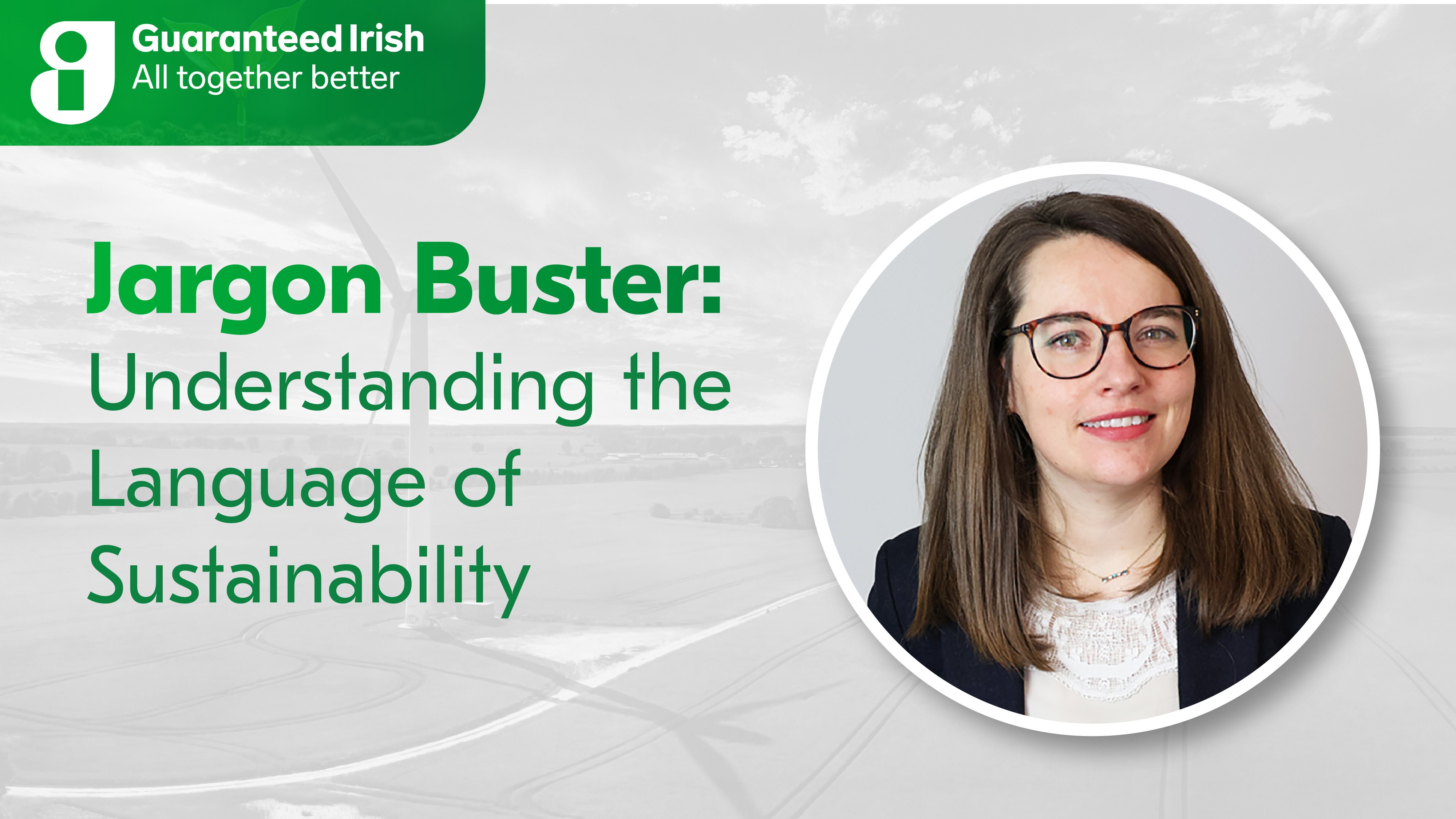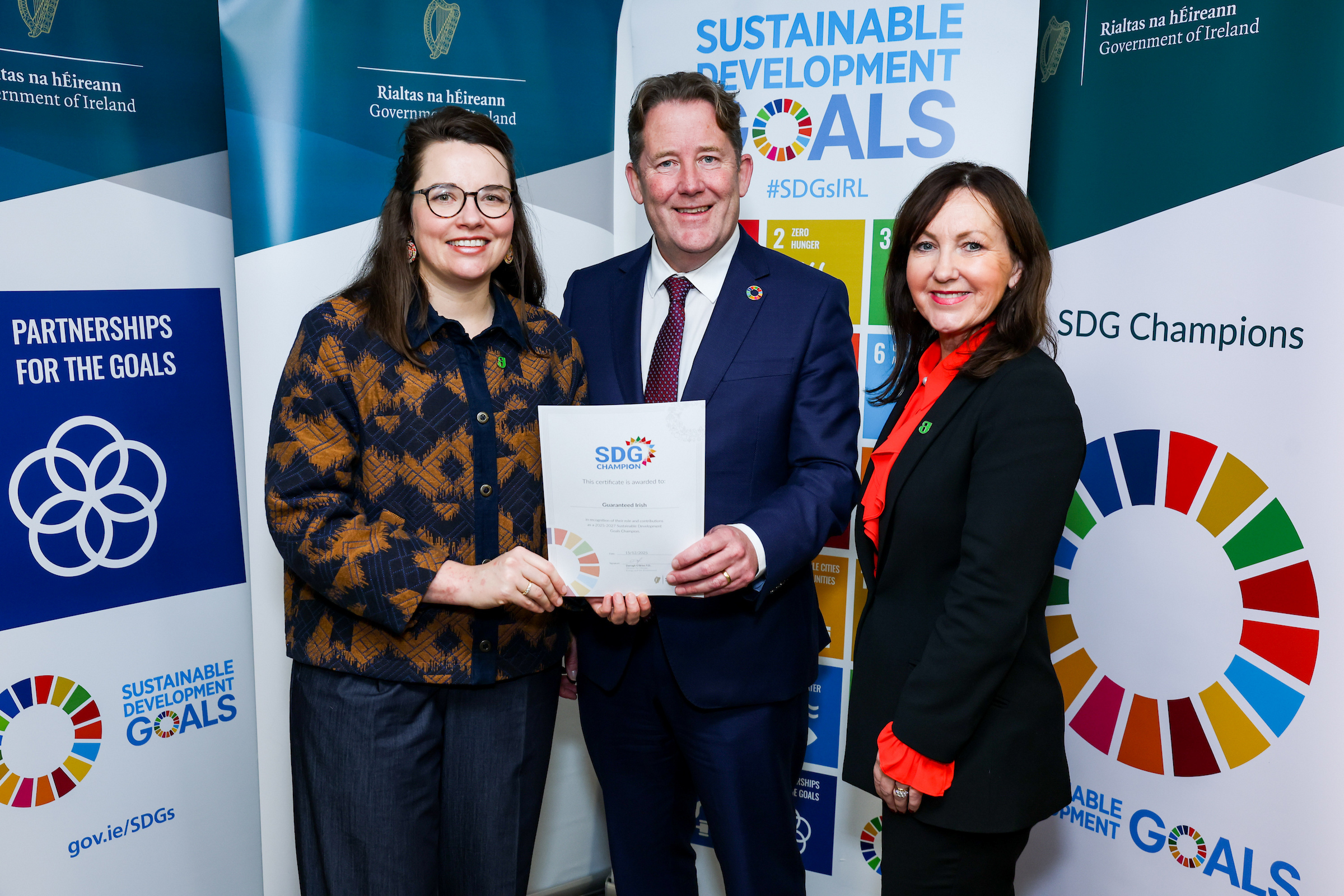As part of Sustainability Month, sponsored by The Nature Trust, we asked Clémence Jamet our Sustainability Manager, to put together a jargon buster on the latest ESG reporting requirements.
“I've been spotting quite a few sustainability acronyms making rounds on my LinkedIn lately,” said Clémence. “Acronyms can be a bit tricky, potentially leaving some people scratching their heads. That's why I took the time to assemble this article, providing concise definitions for the latest buzzwords and explaining why they're important to businesses as we approach 2024.”
1. ESG (Environmental, Social, Governance):
-
Definition: ESG represents a framework for evaluating a company's performance and impact in environmental, social, and governance aspects.
-
Importance: ESG factors have become pivotal for investors and stakeholders in assessing a company's sustainability and ethical practices. Integrating ESG principles into your business strategy is key to long-term success and attracting responsible investors.
2. Science-Based Targets:
-
Definition: Science-based targets are emissions reduction targets aligned with climate science to keep global warming well below 2°C.
-
Importance: Committing to science-based targets not only demonstrates climate leadership but also helps mitigate climate risks and secure your company's future.
-
For more information, visit the science-based Targets website.
3. SDGs (Sustainable Development Goals):
-
Definition: The SDGs are a set of 17 global goals established by the United Nations to address various global challenges, including poverty, inequality, and climate change.
-
Importance: Aligning your business with the SDGs demonstrates your commitment to addressing the world's most pressing issues, appealing to environmentally conscious consumers and investors. Guaranteed Irish have aligned themselves to SDGs 8, 11, 12 and 13. The SDGs are a voluntary reporting framework, they provide a powerful roadmap for addressing critical global issues but there are no legal obligations to meet specific targets.
-
For more information, visit the UN SDGs website or the Irish SDGs Hub.
4. Double Materiality:
-
Definition: This is a concept in which companies must consider how their actions impact both people and the planet, but also how sustainability issues can affect their financial wellbeing.
-
Importance: Understanding double materiality is crucial for aligning your business strategy with societal and environmental concerns, promoting long-term sustainability.
5. Scope 1, 2, 3:
-
Definition: These are different categories of greenhouse gas emissions. Scope 1 refers to the company’s direct emissions, Scope 2 covers indirect emissions from purchased energy, and Scope 3 encompasses all other indirect emissions coming from the company’s value chain (up and down).
-
Importance: Understanding and reporting emissions in these categories is critical for tracking and reducing your carbon footprint.
6. Nature Positive:
-
Definition: Being Nature Positive means a company's activities have a net positive impact on nature, restoring ecosystems and biodiversity.
-
Importance: Achieving Nature Positive status is not just about environmental responsibility; it's an essential step towards mitigating climate change and ensuring the health of our planet.
7. CSRD (Corporate Sustainability Reporting Directive):
-
Definition: The CSRD is an EU regulation that aims to enhance the consistency and comparability of sustainability reporting among large companies.
-
Importance: Compliance with CSRD will be mandatory for large corporates in Ireland from 2024, helping standardise ESG disclosure and fostering transparency.
-
For more information, visit the European Commission website.
8. ESRS (European Sustainability Reporting Standards):
-
Definition: ESRS refers to the evolving set of standards in the European Union aimed at enhancing the consistency and quality of sustainability reporting.
-
Importance: Companies subject to the CSRD have to report according to the ESRS. Familiarity with ESRS is essential as it aligns your reporting with EU regulations, ensuring consistency and transparency in ESG disclosures.
-
For more information, visit the European Commission website.
9. TCFD (Task Force on Climate-related Financial Disclosures):
-
Definition: TCFD offers a framework for disclosing climate-related financial information in a consistent and comprehensive way.
-
Importance: Implementing TCFD recommendations enhances transparency around climate-related risks and opportunities, which is crucial for investors and stakeholders.
-
For more information, visit TCFD’s website.
10. EU Taxonomy:
-
Definition: The EU Taxonomy is a classification system to establish clear definitions of what is and environmentally sustainable economic activity.
-
Importance: It helps businesses identify and invest in activities that contribute to environmental objectives, fostering green investments and sustainable growth.
-
For more information, visit the EU Taxonomy Navigator.
"As businesses navigate the intricacies of ESG reporting and sustainability, grasping these key terms is crucial. Embracing sustainability, aligning with global initiatives, and openly disclosing your ESG efforts can bolster your reputation, attract conscientious stakeholders, and secure the long-term prosperity of your organisation. It's not merely jargon; it's a roadmap to a sustainable future."
If you have any questions on sustainability, please contact Clémence Jamet at clemence@guaranteedirish.ie.



.jpeg)